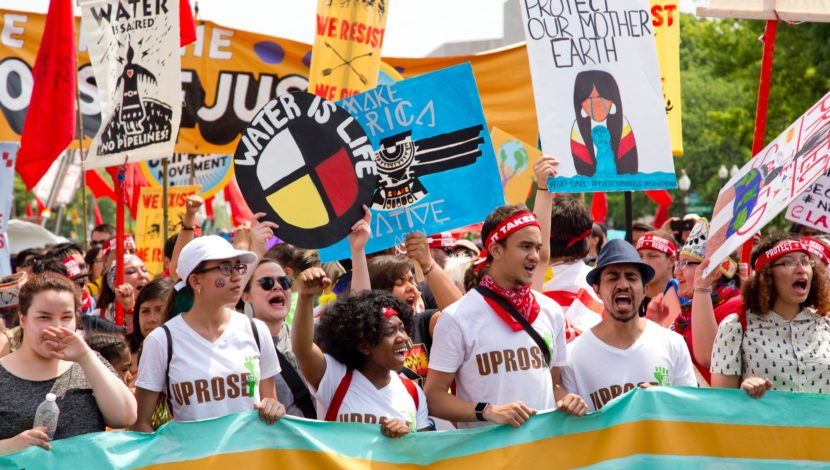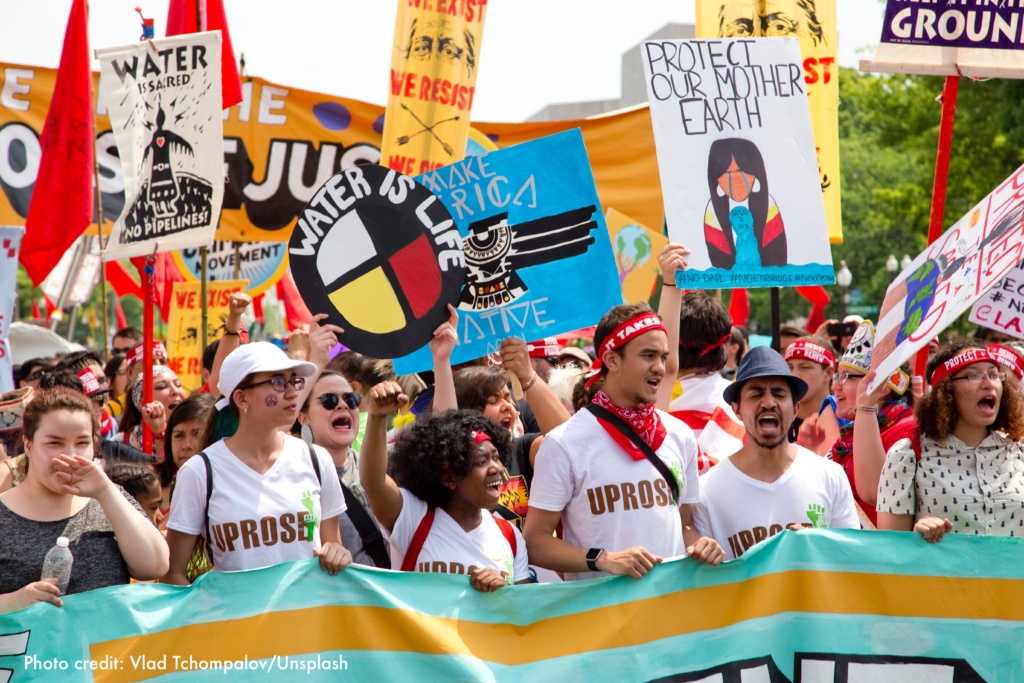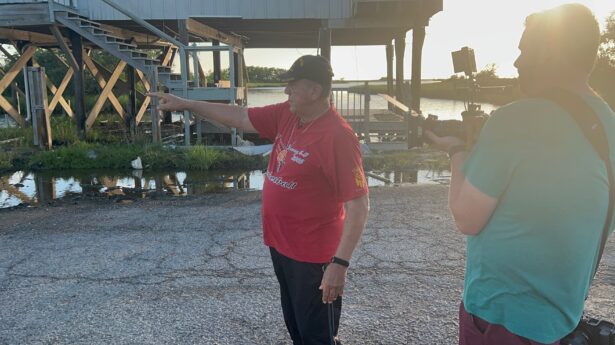The Unitarian Universalist Service Committee advances human rights through grassroots collaborations.
May 26, 2017, Rights Reading

By Kale Connerty on May 26, 2017
Our weekly roundup of what we’re reading in human rights and social justice! This week’s wrap-up includes select articles from the front lines of human rights that we don’t want you to miss: intersections between environmental justice and racial justice, the human story behind our current immigration policy, and Trump’s disappointing praise of Philippine President Duterte.

Climate justice is insufficient if it doesn’t address racial injustice. When we look at the environmental problems caused by human activity, people of color are adversely affected at a much higher rate across the board. As Lim reports, “African Americans are exposed to 38 percent more polluted air than whites, and are 75 percent more likely to live in chemical-factory ‘fence-line zones’ than the U.S. average (Latinos are 60 percent more likely)” and “Heat-related deaths occur at a 150–200 percent higher rate among African Americans than among whites.”
How does this happen? When it comes to environmental health, decades of institutionalized racism have begotten economic disparities that put people of color at geographic disadvantages – a problem which will only become worse as the effects of climate change accelerate. This is precisely why UUSC sees environmental justice as a human rights issue.
The environmental movement has been around for decades, but the environmental justice movement is only now starting to take root in the form of intersectional protests at Standing Rock, support for community-owned renewable energy sources, and fairer environmental legislation.
This week, Salote Soqo, senior program leader for environmental justice & climate action, spoke at the Second Informal Thematic Session for Global Compact on Migration. Soqo made an explicit call for member states to recognize “that the experts of this approach are the communities that are most affected by these issues and who inherently hold the power to meaningfully address these problems with dignity.”
Jose Escobar lived in the United States for 17 years, ever since he and his mother immigrated from El Salvador to Texas to escape gang violence. He has a wife and children and was well-respected in Houston where he worked his way up from the bottom to running both a painting and a construction business. Now, the only way he can see his family is through the cameras that his wife had installed in their home while he lives in his aunt’s house in El Salvador, unable to leave the house alone for fear of violence, unable to return to Texas because of Trump’s backward immigration policy.
Escobar, who was permitted to stay in the United States by Immigration and Customs Enforcement (ICE) agents when he was a teenager, was deported in March when he went to his annual ICE checkup appointment – he was deported even though he did everything he was supposed to. Mackey, Aparicio, and Woodhouse share this heart-wrenching story of one individual, among the thousands who are being deported without criminal records under Trump’s immigration policy. It is important to remember that these are people, and while each has their own story, they face the same systemic injustice.
UUSC continues to call for expanded sanctuary policies that will make our communities safer for all. While typical sanctuary city policies have focused on protections for undocumented immigrants, expanded sanctuary policies recognize that the current administration is jointly threatening the rights of a wide range of communities. Learn more about how we are working to create a safer, more just, welcoming, and sustainable world at uua.org/loveresists.
On Tuesday, the transcript of President Trump’s April 29 call to Philippine President Rodrigo Duterte was leaked. According to transcripts obtained by the New York Times, Trump praised Duterte for doing “an unbelievable job on the drug problem” – essentially congratulating him on the “unbelievable job” of killing thousands of people without due process and incarcerating tens of thousands in less than a year.
Trump’s remarks break from the State Department’s condemnation of Duterte’s actions as a violation of human rights. The transcript also shows that Trump mentioned the location of two United States nuclear submarines in talks about North Korea, another instance in which Trump seems to have revealed pertinent information to foreign officials.
Our previous statement on President Duterte’s “drug war” bears repeating: Our partners in the Philippines, “some of whom are risking their lives to empower and protect their communities, deserve better than an American president who fawns over authoritarianism and condones state-sanctioned murder.”

